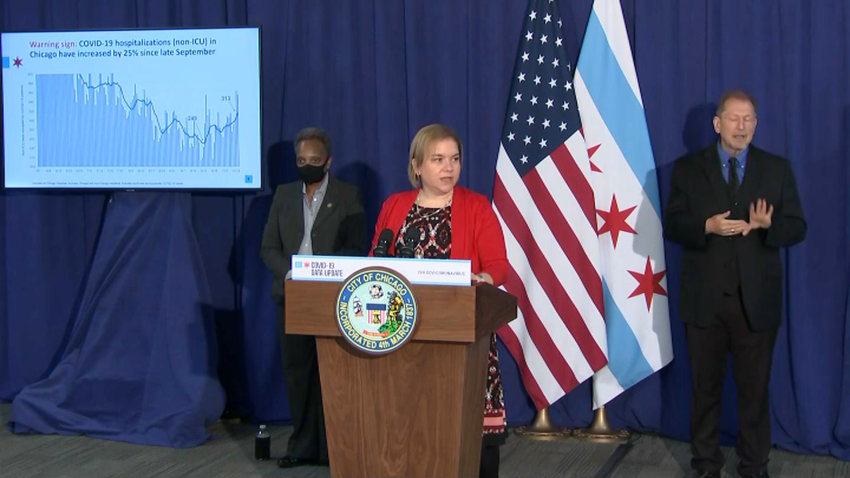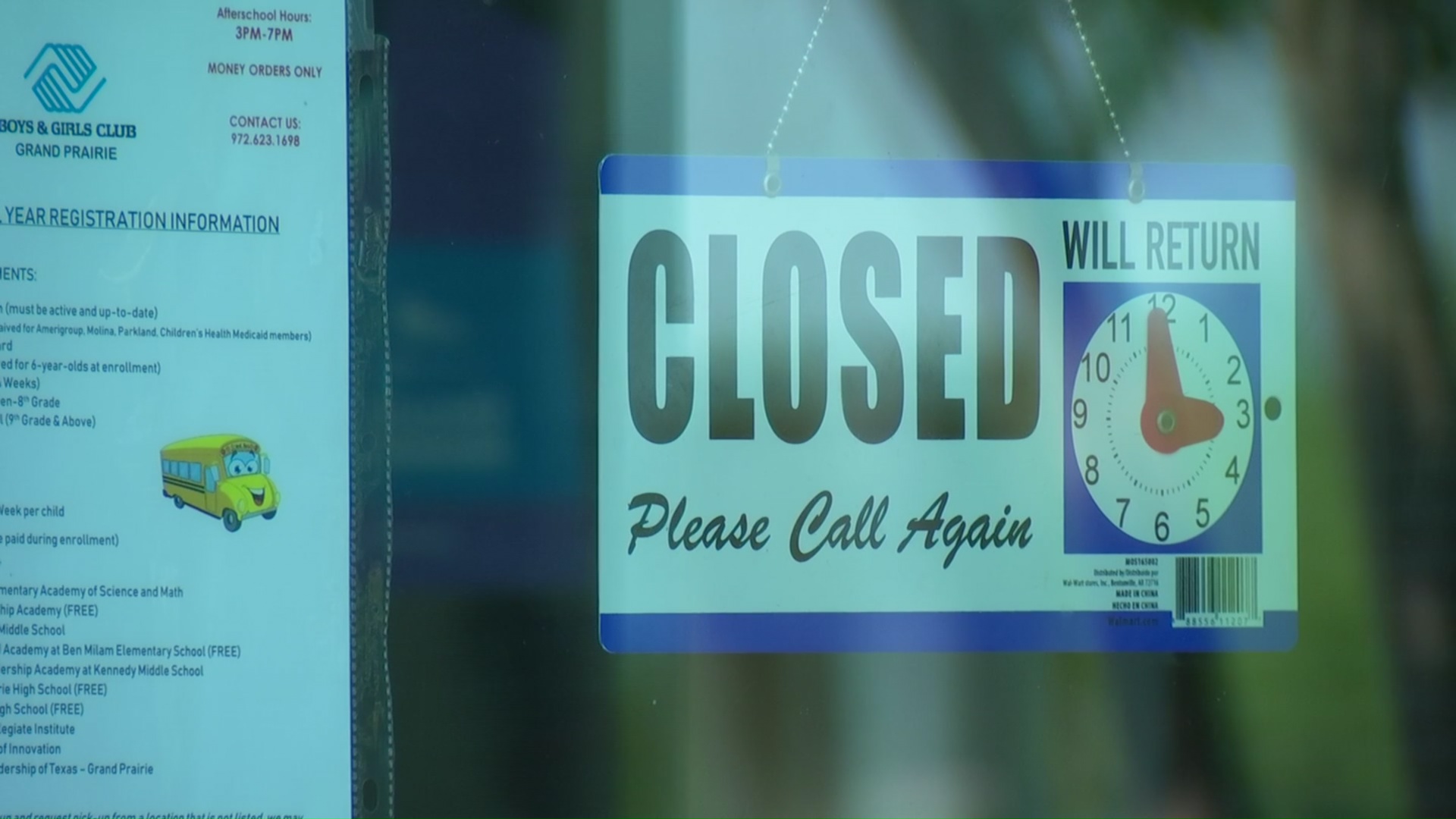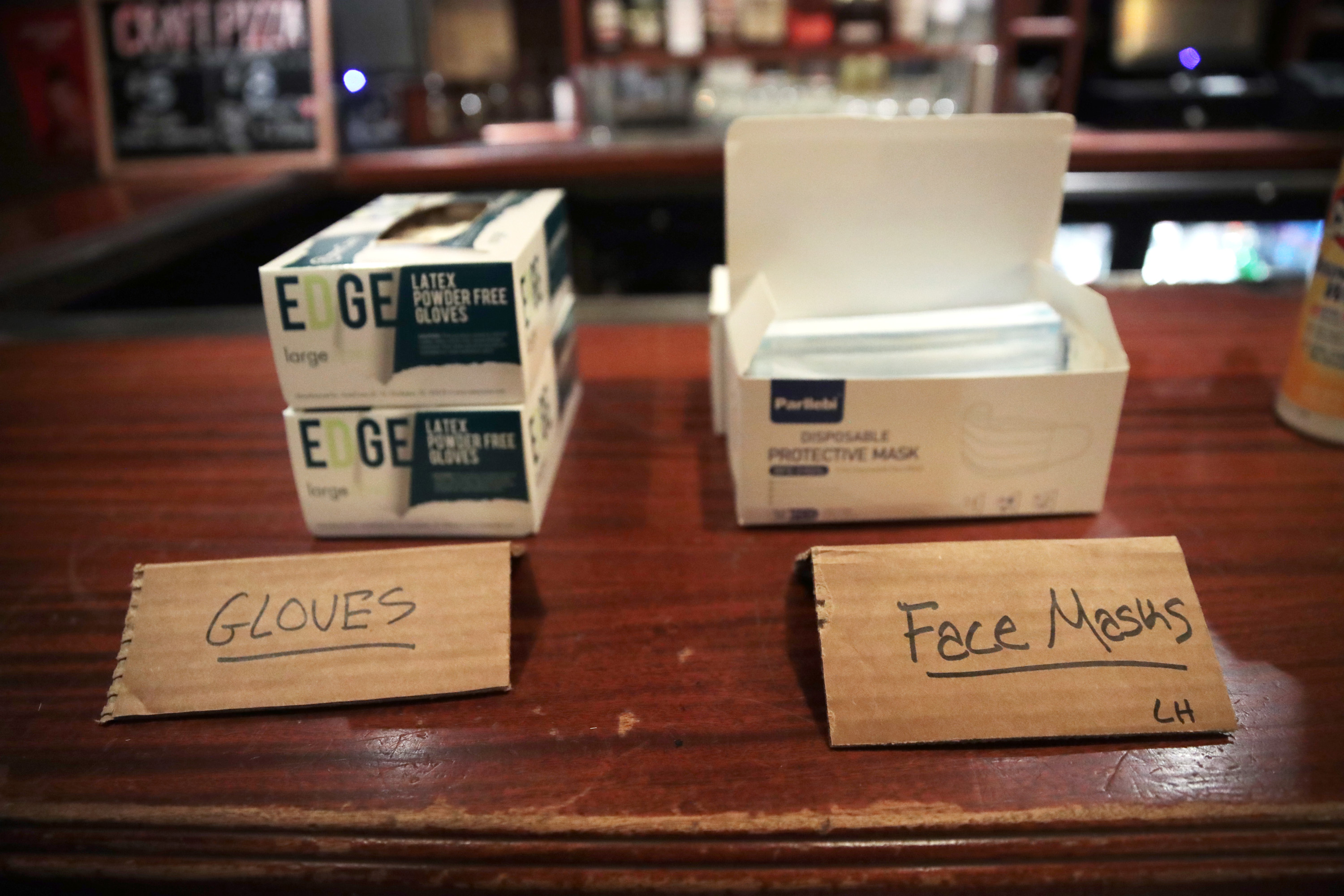Chicago bars will be closing for indoor service once again during the coronavirus pandemic, the city announced Thursday, and if numbers continue to rise, indoor dining could be next, officials said.
The new restrictions mean yet another shut down for drinking inside and a curfew for non-essential businesses, including restaurants, as city officials warn a second surge of the coronavirus is underway.
Chicago Mayor Lori Lightfoot announced the new restrictions during a Thursday briefing.
Under the guidelines, all bars, taverns, or breweries that do not have a Retail Food Establishment License will no longer be able to serve customers indoors "at any time."
Establishments that serve alcohol for on-site consumption must also stop alcohol sales at 9 p.m. before closing for the 10 p.m. curfew.
“We are at the critical moment in Chicago’s fight against COVID-19,” BACP Commissioner Rosa Escareno said in a statement. “The efforts of our business community have been essential to our COVID-19 response, and we must once more do what is necessary to save lives.”
Establishments violating the restrictions and curfew face citations with fines of up to $10,000 and a possible closure "in the case of egregious violations."
So far, the city has issued 60 one-day closure orders and ordered the long-term closure of four establishments, officials said.
The newest restrictions, which take effect at 6 a.m. Friday and continue for at least two weeks, include:
- Business curfew on non-essential businesses beginning at 10 p.m.
- In effect nightly from 10 p.m. -6 a.m.
- Last call for serving liquor at 9 p.m.
- Take-out and curb-side pick-up at restaurants still permitted
- Bars, breweries, and taverns without a food license are prohibited from operating any indoor service
- Increased emphasis of current guidelines
- Max. 6 people in your personal bubble (e.g., no household gatherings >6 people of non-household members)
- Face coverings in all indoor and outdoor public settings
The city warned that if the positivity rate increases above 8% for three straight days, the city will once again close indoor dining as well. Currently, the seven-day positivity rate is at 6.4%, marking a rise that health experts say can't be explained by an increase in testing.
Currently, Chicago is reporting an average of more than 600 new coronavirus cases daily, the "highest daily rate since the tail end of the first surge at the end of May," officials said. On Thursday, Lightfoot said the average daily case rate had increased by more than 50% since the beginning of the week.
As of Monday, Chicago was seeing a seven-day rolling average of 508 new cases per day, according to the city's coronavirus data dashboard. The increase marks a significant jump from the roughly 300 new cases per day rolling average the city was seeing just three weeks earlier when restrictions were eased.
"We are no doubt, whatsoever in the second surge," Lightfoot said Thursday. "This is what it looks like."
She said while the surge is not surprising, she attributed it largely to the fact that COVID thrives in places "where people let their guard down."
Lightfoot had warned Monday that some phase three restrictions could be brought back as the city enters a "second surge" of coronavirus.
In a press conference to "sound the alarm" this week, Chicago Department of Public Health Commissioner Dr. Allison Arwady said the city won't wait until the state-mandated 8% positivity threshold to increase restrictions.

The city has been in phase four of its reopening plan since June 26.
Then on July 24, city officials changed course to shut down indoor bar service, reduce capacity limits at fitness classes and heighten other restrictions as the city continued to see an increase in its average number of daily new cases.
Lightfoot and Arwady last month announced that the city would ease some of the restrictions put in place to slow the spread of the coronavirus during phase four, allowing indoor bar service again and raising capacity limits on businesses, including restaurants, among other major changes.
The changes that took effect on Oct. 1 included increasing indoor capacity at restaurants, health and fitness centers, personal services, non-essential retail and all other establishments from 25% to 40%.
Bars, breweries, taverns and other businesses that serve alcohol without a food license could also open indoor seating - shut down since late July - at 25% capacity up to 50 people, officials said.



